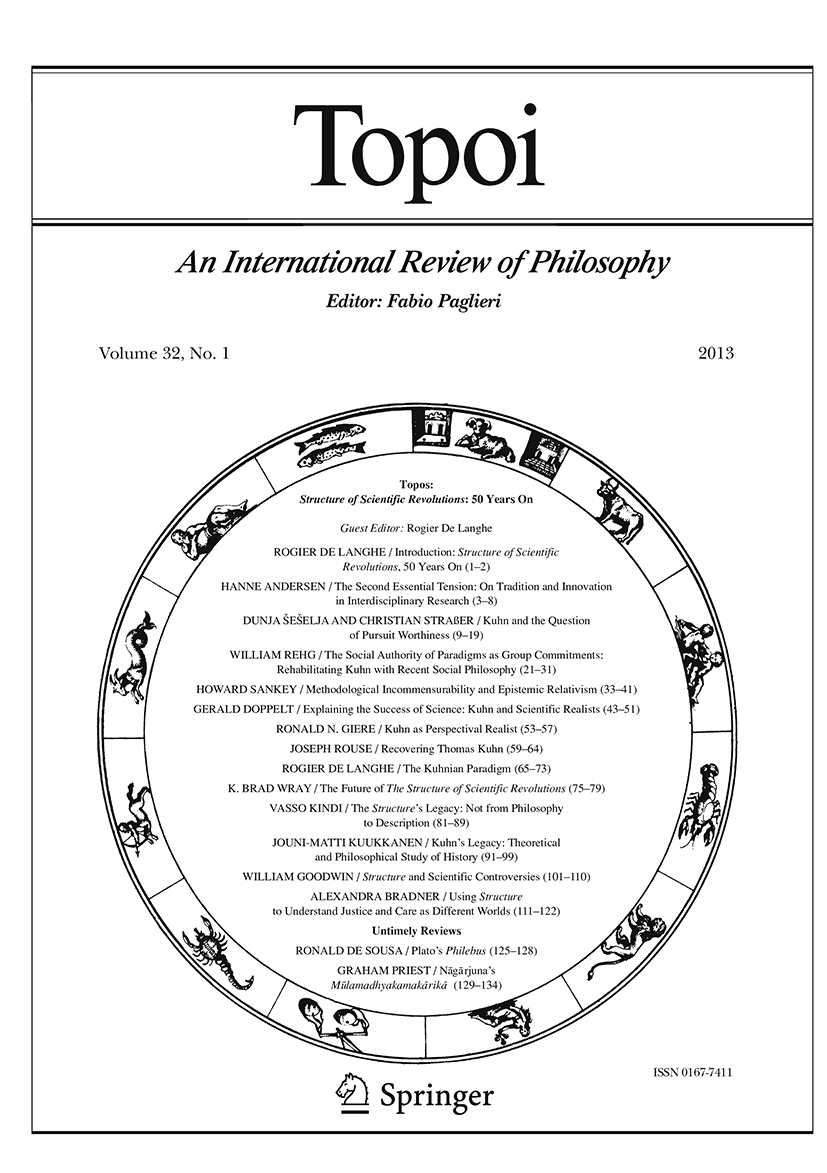doi.org/10.1007/s11245-014-9266-3
Preview meta tags from the doi.org website.
Linked Hostnames
22- 35 links todoi.org
- 25 links toscholar.google.com
- 13 links tolink.springer.com
- 10 links towww.springernature.com
- 2 links tocitation-needed.springer.com
- 2 links toscholar.google.co.uk
- 2 links tosupport.springernature.com
- 2 links towww.ncbi.nlm.nih.gov
Thumbnail

Search Engine Appearance
https://doi.org/10.1007/s11245-014-9266-3
Why are We Still Being Hornswoggled? Dissolving the Hard Problem of Consciousness - Topoi
In this paper we try to diagnose one reason why the debate regarding the Hard Problem of consciousness inevitably leads to a stalemate: namely that the cha
Bing
Why are We Still Being Hornswoggled? Dissolving the Hard Problem of Consciousness - Topoi
https://doi.org/10.1007/s11245-014-9266-3
In this paper we try to diagnose one reason why the debate regarding the Hard Problem of consciousness inevitably leads to a stalemate: namely that the cha
DuckDuckGo
Why are We Still Being Hornswoggled? Dissolving the Hard Problem of Consciousness - Topoi
In this paper we try to diagnose one reason why the debate regarding the Hard Problem of consciousness inevitably leads to a stalemate: namely that the cha
General Meta Tags
98- titleWhy are We Still Being Hornswoggled? Dissolving the Hard Problem of Consciousness | Topoi
- charsetUTF-8
- X-UA-CompatibleIE=edge
- applicable-devicepc,mobile
- viewportwidth=device-width, initial-scale=1
Open Graph Meta Tags
6- og:urlhttps://link.springer.com/article/10.1007/s11245-014-9266-3
- og:typearticle
- og:site_nameSpringerLink
- og:titleWhy are We Still Being Hornswoggled? Dissolving the Hard Problem of Consciousness - Topoi
- og:descriptionIn this paper we try to diagnose one reason why the debate regarding the Hard Problem of consciousness inevitably leads to a stalemate: namely that the characterisation of consciousness assumed by the Hard Problem is unjustified and probably unjustifiable. Following Dennett (Consciousness explained. Penguin Books, New York, 1991, J Conscious Stud 3(1): 4–6, 1996, Cognition 79:221–237, 2001, J Conscious Stud 19(1):86, 2012) and Churchland (J Conscious Stud 3(5–6):402–408, 1996, Brainwise: studies in neurophilosophy. MIT Press, Cambridge, MA, 2002), we argue that there is in fact no non-question begging argument for the claim that consciousness is a uniquely Hard Phenomenon. That is; there is no non-question begging argument for the claim that consciousness is necessarily in explicable in terms of the structure and function of mental states. Unfortunately the debate has not moved on because the majority of materialists feel the pull of the at least one of, what we call, the ‘key’ intuitions that supposedly support dualism and the existence of a Hard Phenomenon and so try to accommodate them rather than denying them. Although this a possible response to the intuitions it tends to mask the fact that there is in fact no argument for the existence of a Hard Phenomenon. So we end up participating in our own hornswoggling (Churchland in J Conscious Stud 3, (5–6):402–408, 1996) and chasing our tails trying to answer a question we should in fact ignore. We have no reason to think there is a Hard Problem of consciousness because we have no reason to think the Hard Phenomenon exists.
Twitter Meta Tags
6- twitter:site@SpringerLink
- twitter:cardsummary_large_image
- twitter:image:altContent cover image
- twitter:titleWhy are We Still Being Hornswoggled? Dissolving the Hard Problem of Consciousness
- twitter:descriptionTopoi - In this paper we try to diagnose one reason why the debate regarding the Hard Problem of consciousness inevitably leads to a stalemate: namely that the characterisation of consciousness...
Item Prop Meta Tags
3- position1
- position2
- position3
Link Tags
9- apple-touch-icon/oscar-static/img/favicons/darwin/apple-touch-icon-6ef0829b9c.png
- canonicalhttps://link.springer.com/article/10.1007/s11245-014-9266-3
- icon/oscar-static/img/favicons/darwin/android-chrome-192x192.png
- icon/oscar-static/img/favicons/darwin/favicon-32x32.png
- icon/oscar-static/img/favicons/darwin/favicon-16x16.png
Emails
1Links
105- http://philpapers.org/surveys/results.pl?affil=Target+faculty&areas0=0&areas_max=1&grain=fine
- http://pp.kpnet.fi/seirioa/cdenn/concfame.htm
- http://scholar.google.com/scholar_lookup?&title=A%20connectionist%20theory%20of%20phenomenal%20experience&journal=Behav%20Brain%20Sci&doi=10.1017%2FS0140525X9900179X&volume=22&pages=127-196&publication_year=1999&author=O%E2%80%99Brien%2CG&author=Opie%2CJ
- http://scholar.google.com/scholar_lookup?&title=A%20multi-stage%20color%20model&journal=Vision%20Research&doi=10.1016%2F0042-6989%2893%2990240-W&volume=33&issue=8&pages=1053-1065&publication_year=1993&author=Valois%2CRL&author=Valois%2CKK
- http://scholar.google.com/scholar_lookup?&title=Abnormalities%20in%20the%20awareness%20and%20control%20of%20action&journal=Philos%20Trans%20R%20Soc%20Lond%20Ser%20B%20Biol%20Sci&doi=10.1098%2Frstb.2000.0734&volume=355&pages=1771-1788&publication_year=2000&author=Frith%2CCD&author=Blakemore%2CS-J&author=Wolpert%2CDM